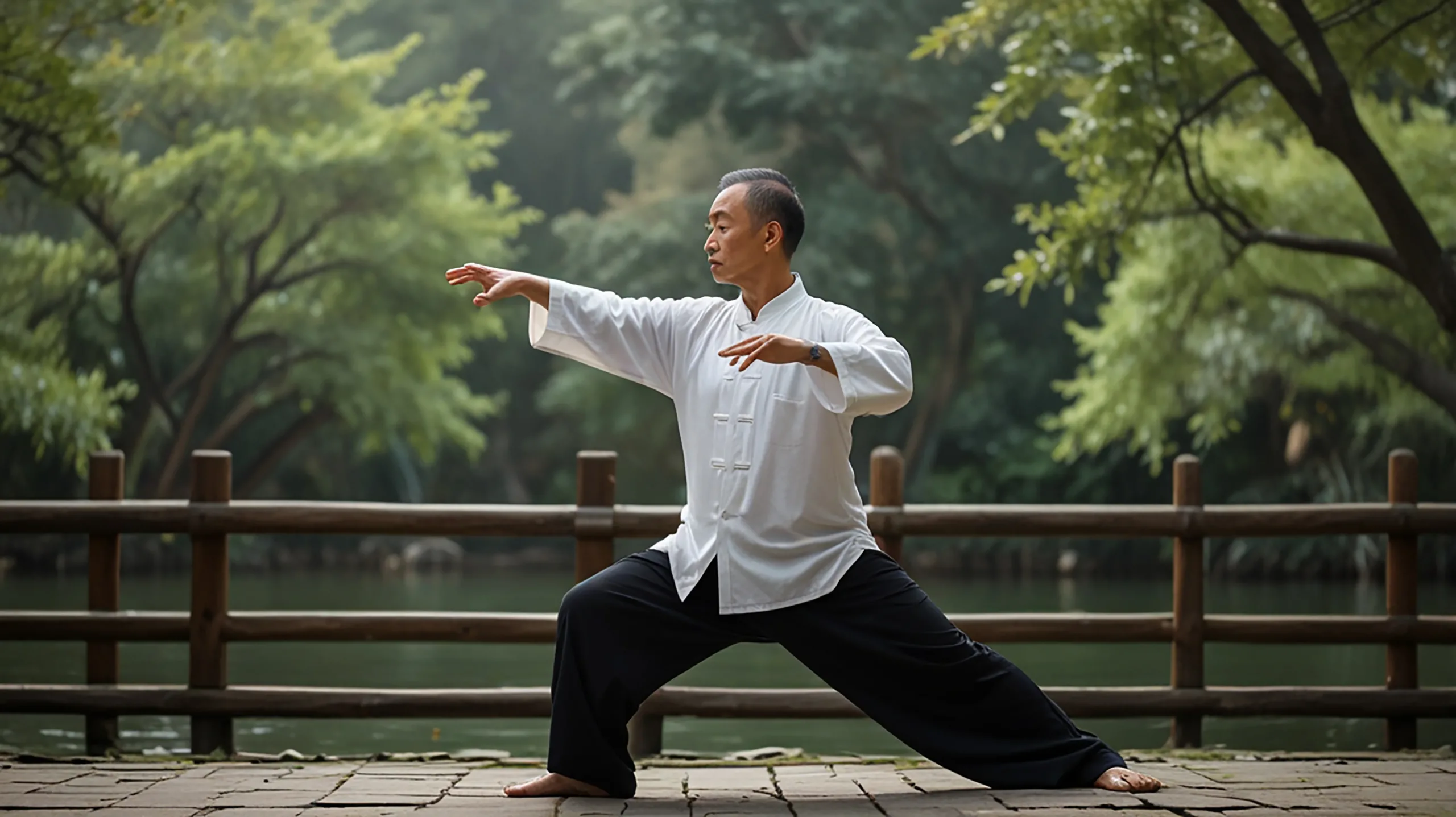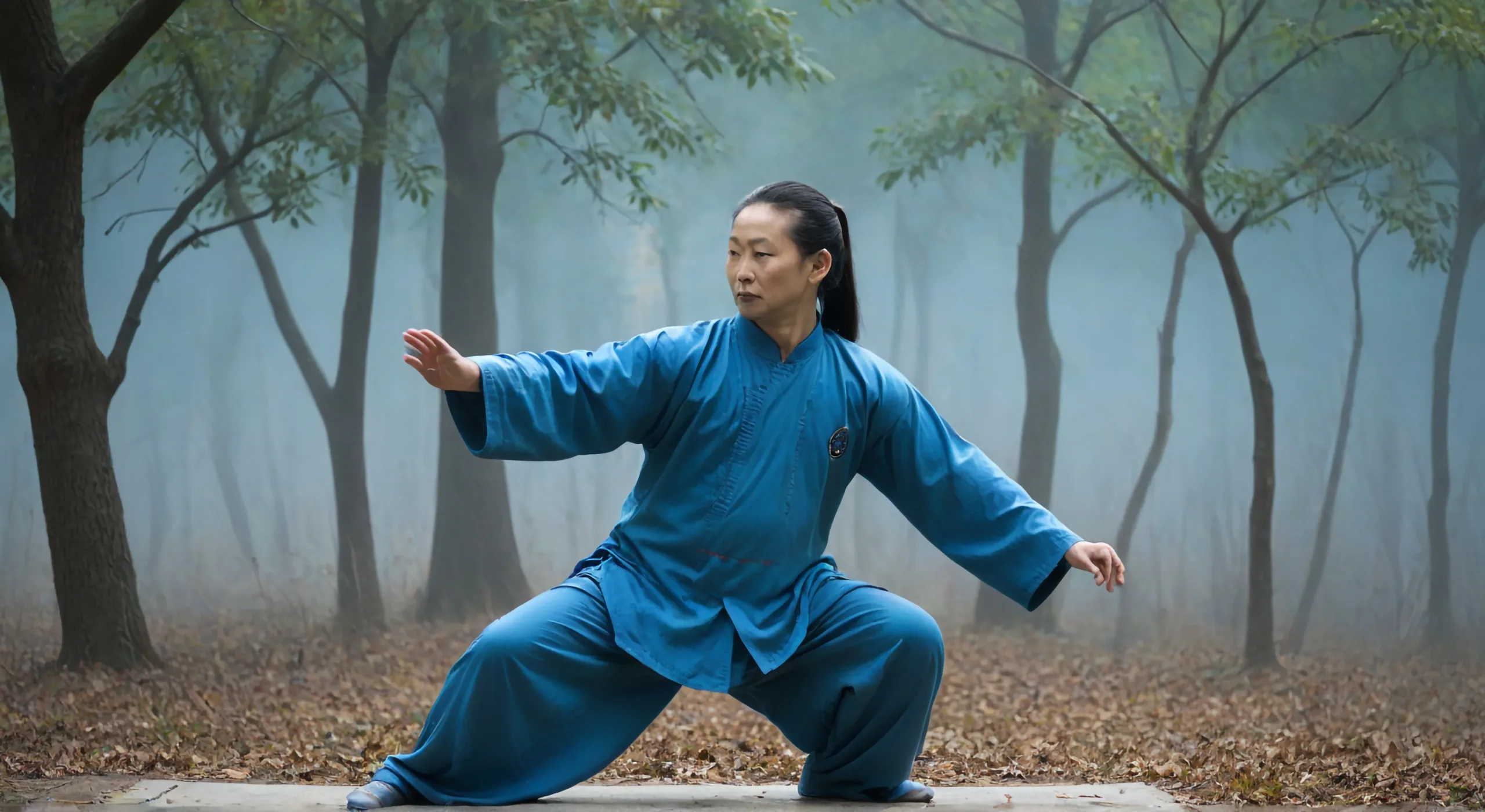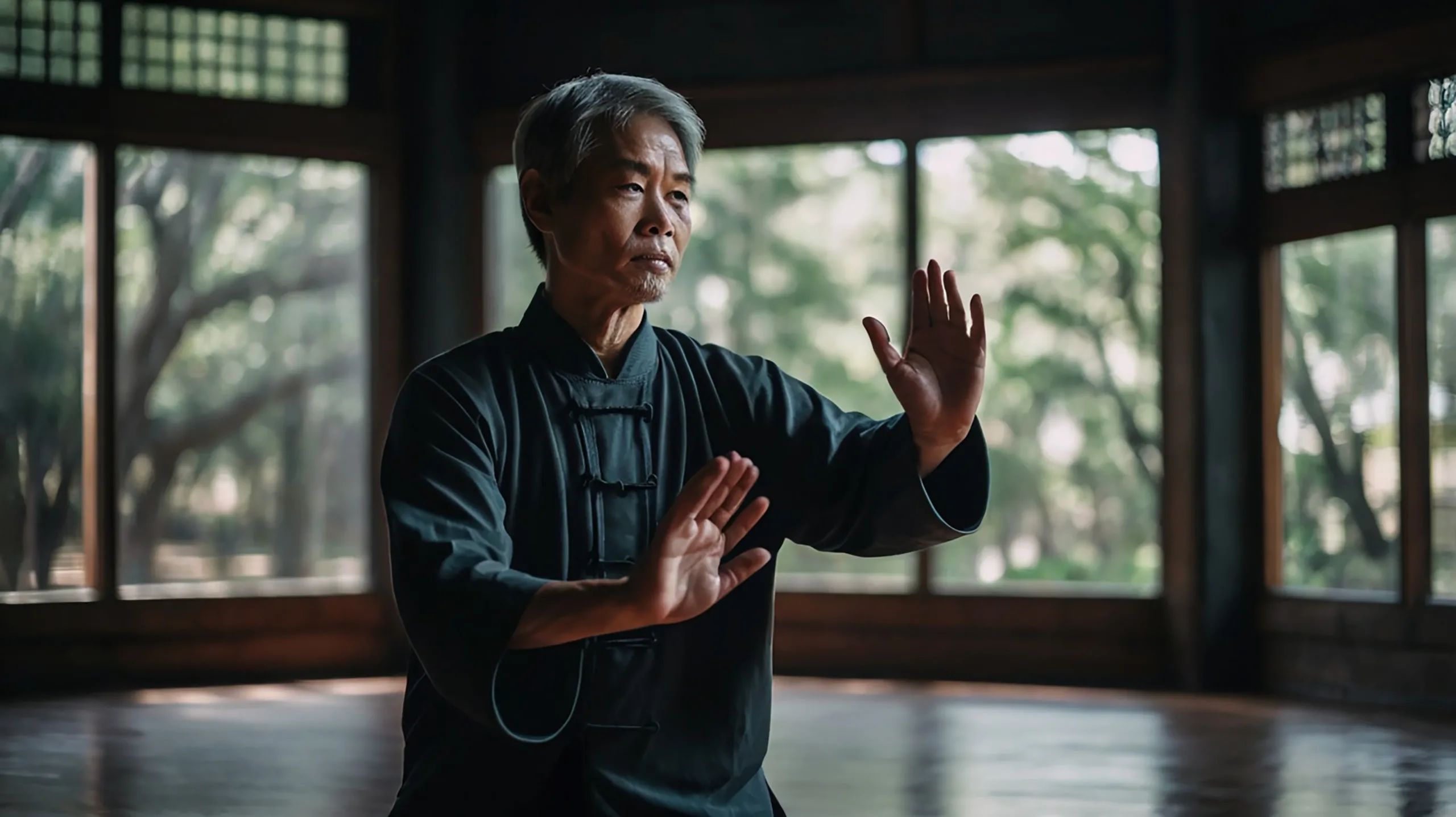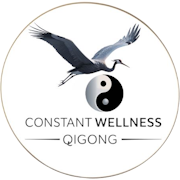1. What is Qigong?
Qigong is an ancient Chinese practice that involves the cultivation of life force energy (Qi) through movement, breathing techniques, and meditation. It is designed to enhance physical health, mental clarity, and spiritual balance, promoting a holistic approach to well-being.
2. How does Qigong work?
Qigong works by balancing the flow of Qi (energy) through the body’s meridians or energy channels. When the Qi flows freely, it helps maintain health and vitality. Qigong movements, breathing techniques, and meditations enhance this flow, remove blockages, and support the body’s natural healing processes.
3. Can anyone practice Qigong?
Yes, Qigong is suitable for people of all ages and fitness levels. Whether you are new to energy practices or experienced, Qigong can be tailored to your needs. Modifications can be made for those with physical limitations, making it a gentle yet effective practice for everyone.
4. How is Qigong different from other forms of exercise?
Unlike other forms of exercise that focus solely on physical strength and endurance, Qigong harmonizes the mind, body, and spirit. It involves slow, deliberate movements paired with breath control and meditation. While it can improve flexibility and strength, its primary focus is on energy cultivation and promoting inner calm and balance.


5. What are the health benefits of Qigong?
Practicing Qigong regularly can improve your physical, emotional, and mental well-being. Some of the benefits include:
Enhanced energy levels
Improved circulation and immune function
Reduced stress, anxiety, and depression
Better balance and flexibility
Strengthened muscles and joints
Improved sleep and relaxation
6. How often should I practice Qigong?
It’s recommended to practice Qigong daily, even if only for a few minutes. Consistency is key to experiencing the full benefits. However, if you’re just starting, practicing two or three times a week is a great way to ease into the routine.
7. Do I need any special equipment to practice Qigong?
No special equipment is needed to practice Qigong. All you need is a comfortable space where you can move freely and breathe deeply. Some practitioners prefer practicing outdoors to connect with nature, but you can practice indoors as well.
8. What is the difference between Qigong and Tai Chi?
Both Qigong and Tai Chi focus on the cultivation of Qi through movement and meditation, but Tai Chi is a martial art with a specific set of forms, while Qigong is a broader practice that includes various forms of energy work for healing, wellness, and spiritual development. Tai Chi is often considered a form of Qigong, but not all Qigong practices are martial in nature.
9. How long does it take to see the benefits of Qigong?
The benefits of Qigong can be felt after just one session, such as feeling more relaxed or energized. However, for more profound benefits like improved health, mental clarity, and emotional balance, regular practice over weeks or months is recommended. Everyone’s experience is unique, and progress may vary depending on individual effort and consistency.
10. Can Qigong help with chronic illness or pain?
Yes, Qigong has been shown to help alleviate chronic conditions such as arthritis, back pain, and fatigue. It works by improving circulation, reducing stress, and promoting the body’s natural healing abilities. However, it’s essential to consult with a healthcare professional before starting Qigong if you have any serious medical conditions.


11. Do I need previous experience to attend a Constant Wellness Qigong class?
No prior experience is necessary. Constant Wellness Qigong classes are designed for beginners and experienced practitioners alike. Our instructors guide you through the fundamentals, ensuring that you can practice safely and comfortably at your own pace.
12. What types of Qigong are taught at Constant Wellness?
At Constant Wellness, we offer various styles of Qigong, including:
Soaring Crane Qigong: A five-routine practice focusing on energy flow and deep relaxation.
Ba Duan Jin Qigong: The Eight Pieces of Brocade, known for improving flexibility and vitality.
Yijin Jing: The Muscle and Tendon Transformation Classic, which enhances strength and resilience.
Liu Zi Jue (Six Healing Sounds): A sound-based practice that harmonizes internal organs for better health.
Meridian Point Tapping: A practice that stimulates specific points along the body’s meridians for enhanced energy flow.
13. How can I get started with Qigong at Constant Wellness?
Getting started is easy! Simply sign up for one of our beginner-friendly classes through our website or contact us directly to learn more. We offer both online and in-person sessions, so you can start practicing Qigong in the comfort of your own home or at our wellness center.
